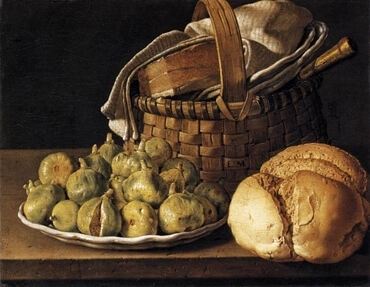1
`Rejoice not, O Israel, be not joyful like the peoples, For thou hast gone a-whoring from thy God, Thou hast loved a gift near all floors of corn.
2
Floor and wine-press do not delight them, And new wine doth fail in her,
3
They do not abide in the land of Jehovah, And turned back hath Ephraim [to] Egypt, And in Asshur an unclean thing they eat.
4
They pour not out wine to Jehovah, Nor are they sweet to Him, Their sacrifices [are] as bread of mourners to them, All eating it are unclean: For their bread [is] for themselves, It doth not come into the house of Jehovah.
5
What do ye at the day appointed? And at the day of Jehovah's festival?
6
For, lo, they have gone because of destruction, Egypt gathereth them, Moph burieth them, The desirable things of their silver, Nettles possess them -- a thorn [is] in their tents.
7
Come in have the days of inspection, Come in have the days of recompence, Israel doth know! a fool [is] the prophet, Mad [is] the man of the Spirit, Because of the abundance of thine iniquity, And great [is] the hatred.
8
Ephraim is looking [away] from My God, The prophet! a snare of a fowler [is] over all his ways, Hatred [is] in the house of his God.
9
They have gone deep -- have done corruptly, As [in] the days of Gibeah, He doth remember their iniquity, He doth inspect their sins.
10
As grapes in a wilderness I found Israel, As the first-fruit in a fig-tree, at its beginning, I have seen your fathers, They -- they have gone in [to] Baal-Peor, And are separated to a shameful thing, And are become abominable like their love.
11
Ephraim [is] as a fowl, Fly away doth their honour, without birth, And without womb, and without conception.
12
For though they nourish their sons, I have made them childless -- without man, Surely also, wo to them, when I turn aside from them.
13
Ephraim! when I have looked to the rock, Is planted in comeliness, And Ephraim [is] to bring out unto a slayer his sons.
14
Give to them, Jehovah -- what dost Thou Give? Give to them miscarrying womb, and dry breasts.
15
All their evil [is] in Gilgal, Surely there I have hated them, Because of the evil of their doings, Out of My house I do drive them, I add not to love them, all their heads [are] apostates.
16
Ephraim hath been smitten, Their root hath dried up, fruit they yield not, Yea, though they bring forth, I have put to death the desired of their womb.
17
Reject them doth my God, Because they have not hearkened to Him, And they are wanderers among nations!







